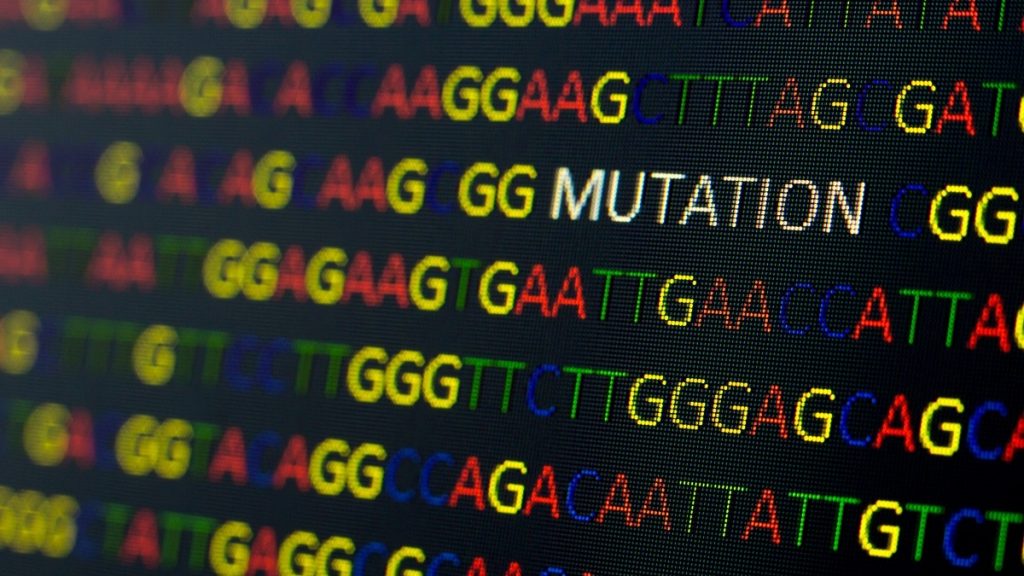Huntsville, Ala. – David Bick, MD, published a paper laying out a system for vendors to classify elective genetic tests, which are rapidly growing in popularity but have no universal framework to help patients and physicians compare the various tests. Bick, a faculty investigator at the HudsonAlpha Institute for Biotechnology and medical director of the Smith Family Clinic for Genomic Medicine (located on the HudsonAlpha campus), worked alongside industry professionals to develop a tiered rating that will help people know which tests return which kinds of results.
Often genetic tests are ordered by a medical professional because they have some specific clinical question, but with the cost of genetic testing coming into the price range of more and more patients, elective tests have become increasingly common. People may look to these tests to determine everything from health risk to ancestry. However, even tests that offer the same basic information may differ in how thorough of an analysis they provide.
In this paper in the Journal of Molecular Diagnostics, Bick and colleagues from commercial providers Helix, Mayo Clinical Laboratories, Color Genomics, Ancestry and Counsyl laid out three classes, each one representing a greater degree of completeness.
“The medical community has already come a long way in classifying genetic tests for diagnostics,” Bick said, “But elective tests are still in the Wild West. People can offer elective tests for anything, and the levels of information a person gets in return can vary a great deal. This paper starts a conversation about a more consistent way to compare tests.”
“It’s our mission at Helix to empower individuals with an understanding of their DNA that can help them live healthier, happier and stronger lives,” said James Lu, MD, PHD, co-founder and Senior Vice President at Helix. “Creating an easy-to-understand framework that encompasses different classes of elective tests will simplify communication between patients, providers, payors and laboratories.”
The system proposed by the authors relies on a measure of “completeness” to classify tests, specifically looking to identify the risk that relevant information could be missed with a given product. Class I would be the most complete, including manual review of certain genetic variations by experts and a consideration for a person’s phenotype, meaning physical characteristics or symptoms. Class II would still likely include some expert review, rather than just an automated process, but these tests would not typically factor in a person’s phenotype. Class III tests would frequently automate the review of results and have limited reporting.
“People look for all kinds of answers from elective genetic tests,” noted Bick. “We just want to give them a way to make sure they choose the test best suited for their needs.”
Additional authors of this paper include Matthew Ferber, PhD, of Mayo Medical Laboratories, Jill Hagenkord, MD, FCAP, of Color Genomics, Elissa Levin, CGC, of Helix, Sarah South, PhD, of Ancestry, Hyunseok P. Kang, MD, of Counsyl and Kimberly A. Strong, PhD, of HudsonAlpha.
About HudsonAlpha: HudsonAlpha Institute for Biotechnology is a nonprofit institute dedicated to developing and applying scientific advances to health, agriculture, learning, and commercialization. Opened in 2008, HudsonAlpha’s vision is to leverage the synergy between discovery, education, medicine, and economic development in genomic sciences to improve the human condition around the globe. The HudsonAlpha biotechnology campus consists of 152 acres nestled within Cummings Research Park, the nation’s second largest research park. The state-of-the-art facilities co-locate nonprofit scientific researchers with entrepreneurs and educators. HudsonAlpha has become a national and international leader in genetics and genomics research and biotech education and includes more than 30 diverse biotech companies on campus. To learn more about HudsonAlpha, visit hudsonalpha.org.
Media Contact:
Margetta Thomas
mthomas@hudsonalpha.org
256-937-8210


